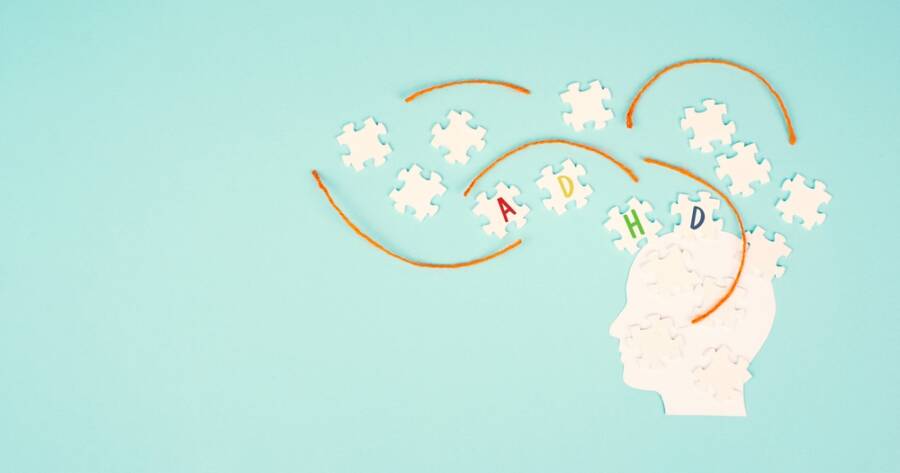Attention Deficit Hyperactivity Disorder (ADHD) presents a unique set of challenges, but effective management strategies exist. Medication can enhance focus and reduce hyperactivity, while behavioral therapy equips individuals with practical tools for symptom management and improved daily functioning. Additionally, adopting healthy lifestyle habits, including regular exercise and a balanced diet, can positively influence ADHD symptoms. Understanding and addressing ADHD empowers individuals to thrive.
ADHD: What It Is and How to Manage It
Attention Deficit Hyperactivity Disorder (ADHD) is a neurodevelopmental condition characterized by persistent difficulty in paying attention, controlling impulsive behaviors, and managing hyperactivity. It affects individuals of all ages, from children to adults, and can significantly impact daily functioning, academic performance, and relationships. Understanding the nature of ADHD and exploring effective management strategies is crucial for individuals seeking to navigate the challenges associated with this condition.
ADHD is primarily characterized by three core symptoms: inattention, hyperactivity, and impulsivity. Inattention manifests as difficulty sustaining focus, forgetfulness, and disorganization. Hyperactivity presents as excessive restlessness, fidgeting, and difficulty sitting still. Impulsivity involves acting without thinking, interrupting others, and struggling to wait for one’s turn.
Effective management of ADHD involves a multifaceted approach that may include medication, behavioral therapy, and lifestyle modifications. Each of these components plays a vital role in addressing the symptoms of ADHD and improving overall functioning.
Effective ADHD Management: Medication, Therapy, and Lifestyle
Medication can be a valuable tool in managing ADHD symptoms, particularly for individuals who experience significant difficulties with attention and hyperactivity. Stimulant medications, such as methylphenidate and amphetamine, are commonly prescribed to enhance focus, reduce hyperactivity, and improve impulse control. These medications work by increasing the levels of certain neurotransmitters in the brain, such as dopamine and norepinephrine, which are involved in attention and behavioral regulation.
Behavioral therapy, also known as cognitive behavioral therapy (CBT), is another effective component of ADHD management. CBT teaches individuals strategies to manage their symptoms and improve daily functioning. This may involve techniques such as self-monitoring, organization skills, time management, and problem-solving. CBT can also help individuals develop coping mechanisms for dealing with frustration and emotional regulation.
Lifestyle changes can also positively impact ADHD symptoms. Regular exercise has been shown to improve attention and reduce hyperactivity and impulsivity. Eating a healthy diet, rich in fruits, vegetables, and whole grains, can also contribute to improved cognitive functioning. Additionally, establishing a consistent sleep schedule and minimizing distractions in the environment can further support symptom management.
Medication, Therapy, and Lifestyle: A Holistic Approach to ADHD Management
The most effective approach to ADHD management often involves a combination of medication, behavioral therapy, and lifestyle modifications. By addressing the condition from multiple angles, individuals can experience significant improvements in their symptoms and overall quality of life.
Medication can provide immediate relief from ADHD symptoms, allowing individuals to better engage in therapy and make positive lifestyle changes. Behavioral therapy equips individuals with the skills and strategies to manage their symptoms independently, reducing reliance on medication over time. Lifestyle modifications can further support symptom management and promote overall well-being.
Working closely with healthcare professionals, such as psychiatrists, psychologists, and pediatricians, is essential for developing a personalized ADHD management plan that addresses individual needs and preferences. With the right combination of interventions, individuals with ADHD can effectively manage their symptoms and thrive in various aspects of their lives.
Learn More About ADHD Management
For individuals seeking additional information and resources on ADHD management, several reputable sources are available. The National Institute of Mental Health (NIMH), the American Psychiatric Association (APA), and the Centers for Disease Control and Prevention (CDC) provide comprehensive information on ADHD, including symptoms, diagnosis, and treatment options. Support groups and online forums can also offer valuable insights and experiences from individuals living with ADHD.
